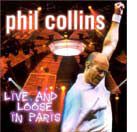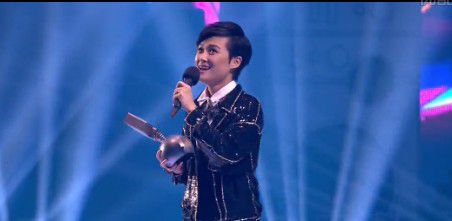|
日常生活中,谁都有说错话的时候。不过,重大场合下,舌根不听使唤就闹心了。拿美国总统小布什来说,在迎接英国女王伊丽莎白的致辞中,不大不小的“口误”——17-1976——令舆论哗然。 关于“口误”的英文表述,姿色纷呈,这里暂举几例以供参考: President George W. Bush, no stranger to the occasional verbal misstep, nearly placed Queen Elizabeth II in the 18th century on Monday in welcoming her to the White House on a state visit. 显然,报道中的“verbal misstep”指的就是“口误”。“Misstep”"在此指“失误、错误”,其近义词还有很多,如slip、gaffe、blunder,因此,“verbal slip/verbal gaffe/verbal blunder”均可表示“口误”。此外,在特定语境下,“verbal”也可省去。 外电报道中,“faux pas”也可用来指代“口误”。“Faux pas”源于法语,常用来形容“(社交场合下)言语或行为不得体”。“Faux”意为“false”,“pas”则表示“step”。 最后,动词“犯口误/说错话”可表达为:to stumble on a line/word。“Stumble”在此表示“犯错误/过失”,“line”则更侧重指“事先准备好的演讲/台词”,比如,春晚主持人除夕夜“出现口误”就可这么形容。看例句:The president stumbled on a line during his speech at the state arrival ceremony for the queen. |








